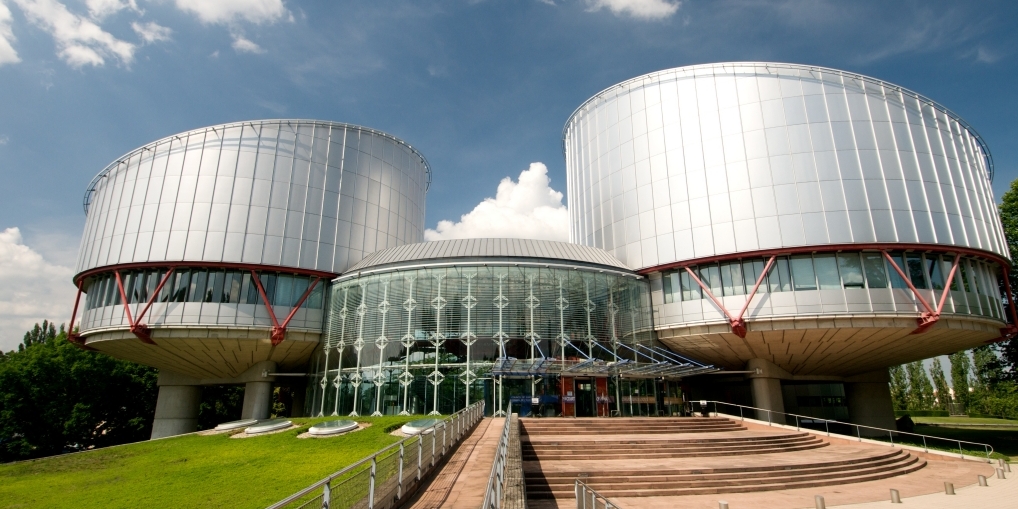News

According to the Decision of the Strasbourg Court, the Territory of Abkhazia Has Been Occupied by Russia even Before the August 2008 War, and Russia Is Fully Responsible for Human Rights Violations
The European Court of Human Rights (ECHR) published a decision on the case "Mamasakhlisi and others v. Georgia and Russia", according to which the territory of Abkhazia was under the effective control of the Russian Federation even before the August 2008 war, and Russia bears full responsibility for human rights violations in occupied Abkhazia.
As it is known to the public, on January 21, 2021, Georgia won a historic victory against Russia in the August 2008 war case at the Strasbourg Court, and it was confirmed that the Tskhinvali region and Abkhazia have been occupied by Russia since 2008. In the present case, Russia's responsibility for human rights violations committed in the occupied territories before the 2008 war was established for the first time. In particular, the petitioners Levan Mamasakhlisi and Grigol Nanava were illegally arrested and imprisoned in Dranda prison in Russian-occupied Abkhazia in 2001-2007 and 2003-2005. They were subjected to inhumane treatment and were not allowed to see their family members.
Taking into account the given facts and the evidence provided by the government, the ECHR found that Russia is fully responsible for these human rights violations committed against Georgian citizens, as it exercised effective control over Abkhazia even before the August 2008 war. The Strasbourg court emphasized that, according to international law, Abkhazia is an integral part of Georgia, although it has not been under the control of the central government of Georgia since the 1990s due to decisive military, economic and political interference by Russia.
In addition, by the same decision of the ECHR, the occupation of the Democratic Republic of Georgia by Soviet Russia in 1921 and Russia's direct involvement in the military conflict in favor of the Abkhazians in the 1990s were already legally confirmed. In particular, the Strasbourg court concluded that in the mentioned conflict Abkhazians not only used Russian weapons and a significant number of Russians fought on their side, but without the direct involvement of Russian military units and combat equipment, it would have been impossible to end the conflict with a military victory for the separatists. At the same time, the European Court drew attention to the fact that a number of international sources point to the "ethnic cleansing" of Georgians during this conflict.
Consolidated legal positions and evidence of the Government of Georgia on the mentioned cases were sent in 2017. Among them are material from relevant national archives, reports and documents of international organizations, public statements of Russian government representatives, documents and Russian legislative acts, sources reflecting the "relationship" between the de facto "officials" of Abkhazia and the Russian Federation: information on the political, financial, military relations between them, and other types of close ties, passporting activities.
Thus, as a result of the reasonable and unrelenting struggle against de-occupation, which the Georgian government has been conducting since 2012, Georgia once again won an important victory, and this time the practice of the Strasbourg court confirmed the continuous line of occupation of Abkhazia by Russia before and after the August 2008 war, which also means that Russia is responsible for all other human rights violations committed on the territory of Abkhazia throughout this period.
For information, in the present case the ECHR found that in the territory of occupied Abkhazia, the Russian Federation violated the applicants' rights protected by Articles 3 (prohibition of inhuman or degrading treatment), 5 (right to liberty and security) and 6 (right to a fair trial) of the European Convention. Accordingly, Russia was ordered to pay 35,000 euros individually to Levan Mamasakhlisi and Grigol Nanava, and to reimburse costs in the amount of 23,300 euros.
 Geo
Geo Eng
Eng